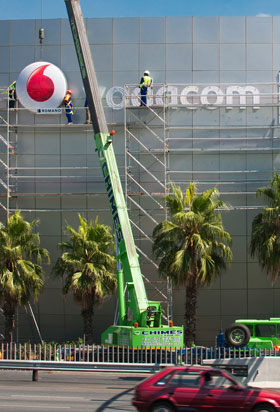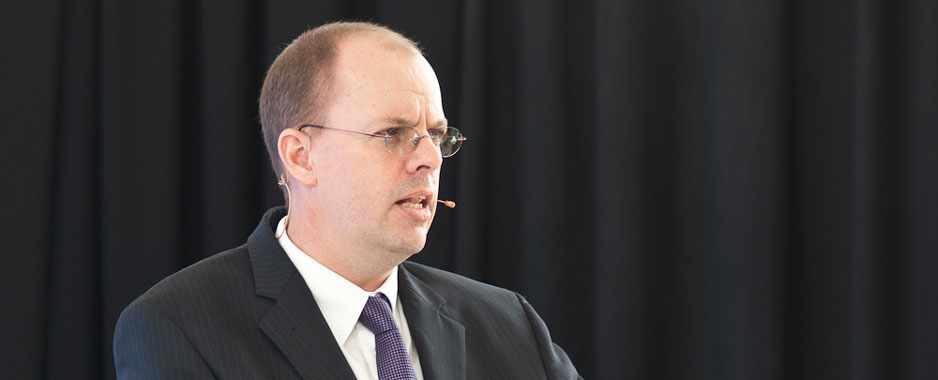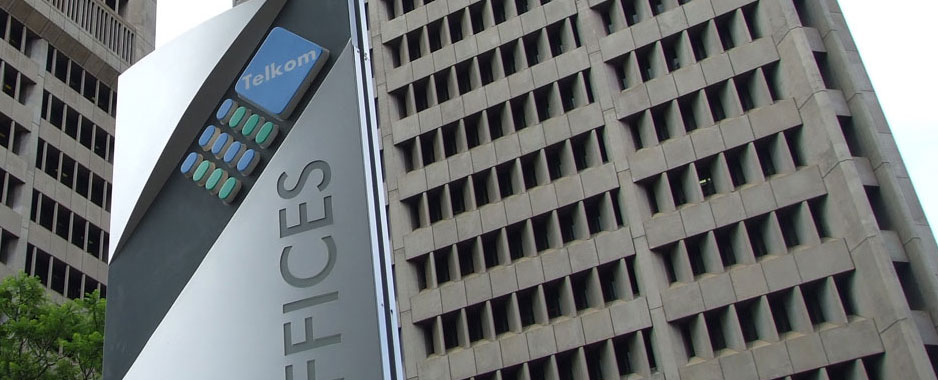Vodacom has fired the latest shot in the ongoing price war in the mobile industry. The operator is offering existing prepaid customers the option of getting 60 minutes of talk time if they recharge for R5. However, the latest offer is a promotion only and expires at the end of July. Also, the
Spectrum trading, use-it-or-lose-it conditions and wholesale and open-access networks will deliver the broadband growth governments in SA and sub-Saharan Africa are looking for, according to a new research report published by telecommunications investment group Convergence Partners
The Woman in Black, an Edwardian period horror film starring Daniel Radcliffe, is so thick with foggy atmosphere that you almost miss the faint whiff of the ridiculous in the air. This is a film that considers no haunted house cliché too threadbare to use, but that manages to be chilling despite the familiarity of
Mobile operators are hacking and slashing data prices but Telkom’s fixed-line broadband and line rental fees are set to go up at the beginning of August. The operator desperately needs to cut costs, increase efficiency and attract new customers, but it’s caught in a dilemma: it needs to maintain its ground in a
Absa’s online banking website was available only intermittently on Friday, with some users experiencing slow access and other users unable to access the service at all. This follows an interruption to services at the end of May which left many customers frustrated and saw the bank extend its clearing times
Vodacom’s long-running legal dispute with a fixer who recently won a case against it in a Democratic Republic of Congo court is still simmering. And accusations are being made of improper influence over the Congo’s judiciary. The Kinshasa Commercial Court ruled in January that Vodacom
Media group Avusa said last week that 25% of SA video stores had shut up shop in the past year. Rather than the usual culprits of piracy, video on demand and the weak economy, one major industry player is laying the blame squarely at the door of Avusa-owned Nu Metro. Peter Scott, a director at
Telkom is pushing up basic and broadband line rental fees as part of its annual tariff adjustments it files with its regulator, the Independent Communications Authority of SA. Monthly rental fees for its digital subscriber line (DSL) broadband products are being hiked to R165/month for
No Picket Fence was established to connect experienced and would-be entrepreneurs to share information and expertise. The service creates a network of like-minded individuals and helps to develop SA’s entrepreneurial talent by providing them with insights from those who have already succeeded, or failed
Microsoft has announced the commercial launch of its cloud productivity service, Office 365, in SA. Depending on the configuration users opt for, the service pricing starts at R46,50 per user per month and goes up to R170,75 for the full suite. Office 365 was launched in SA in November 2011 and has been available










